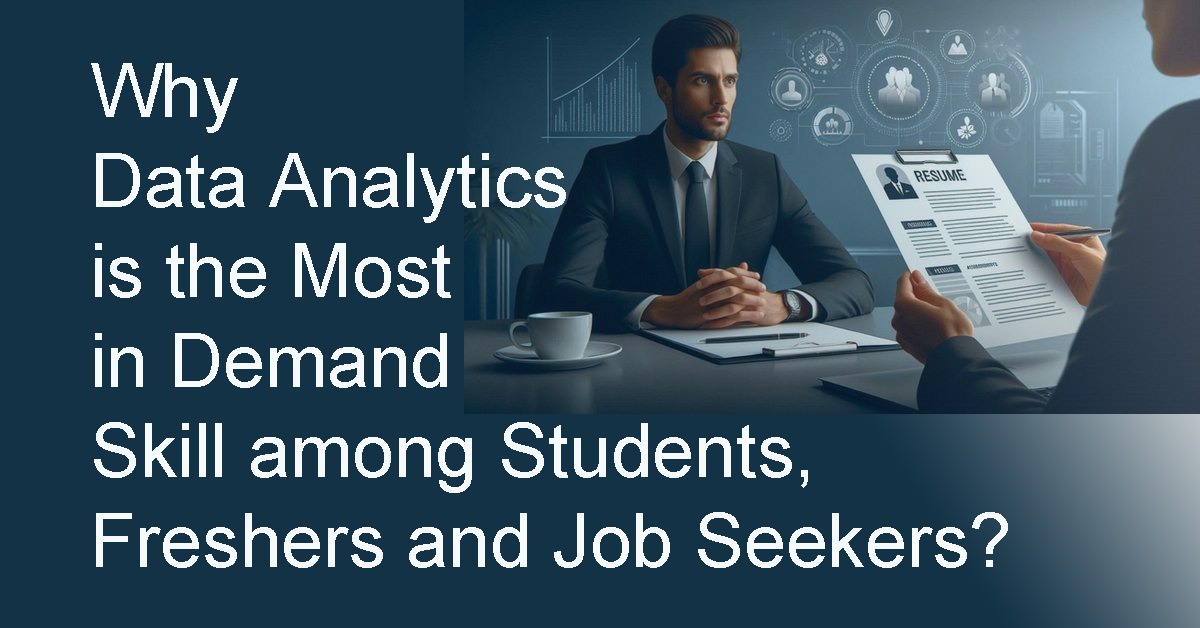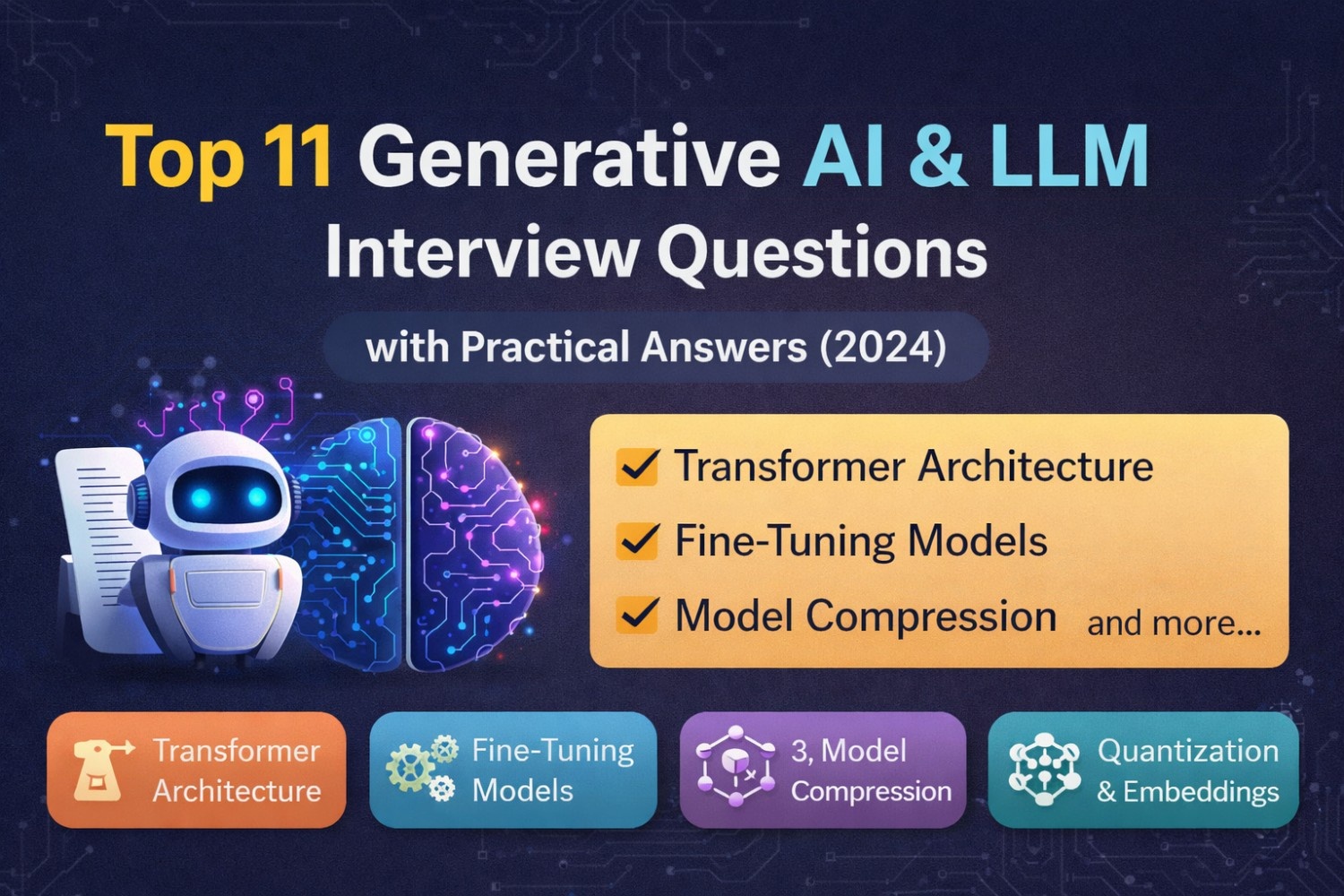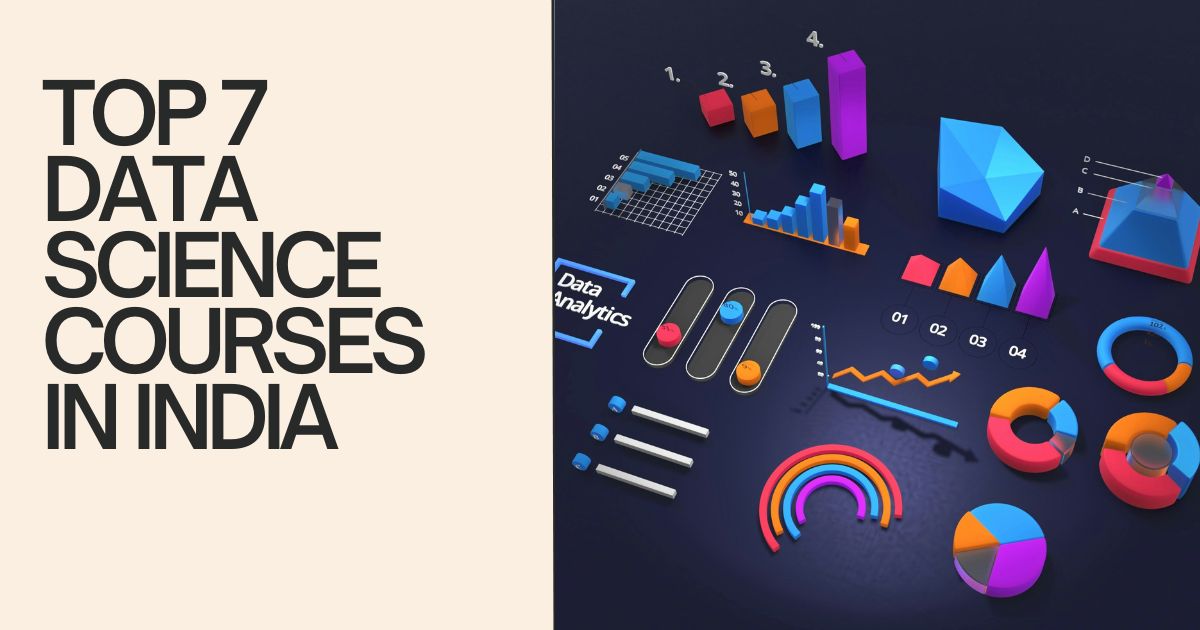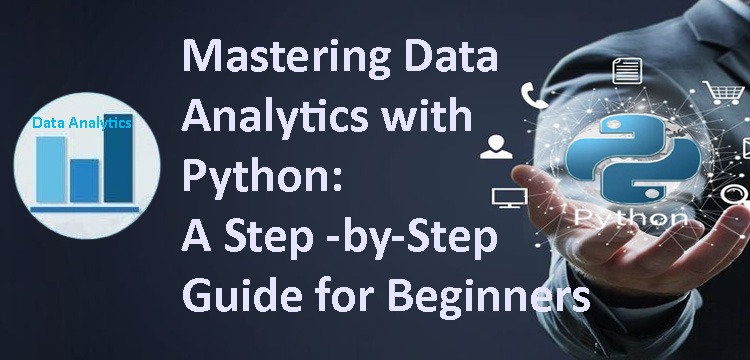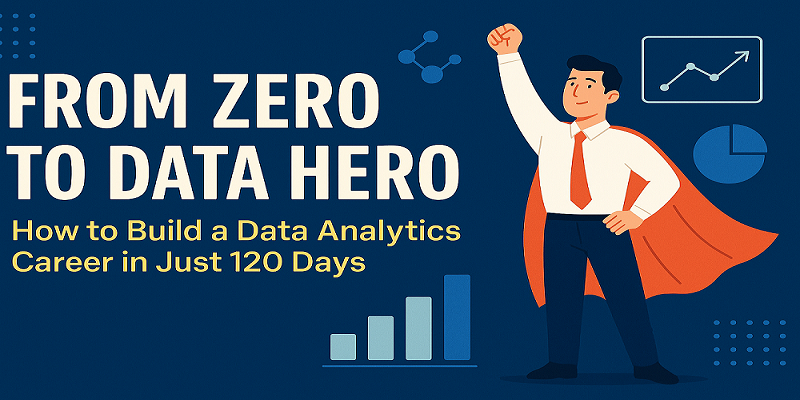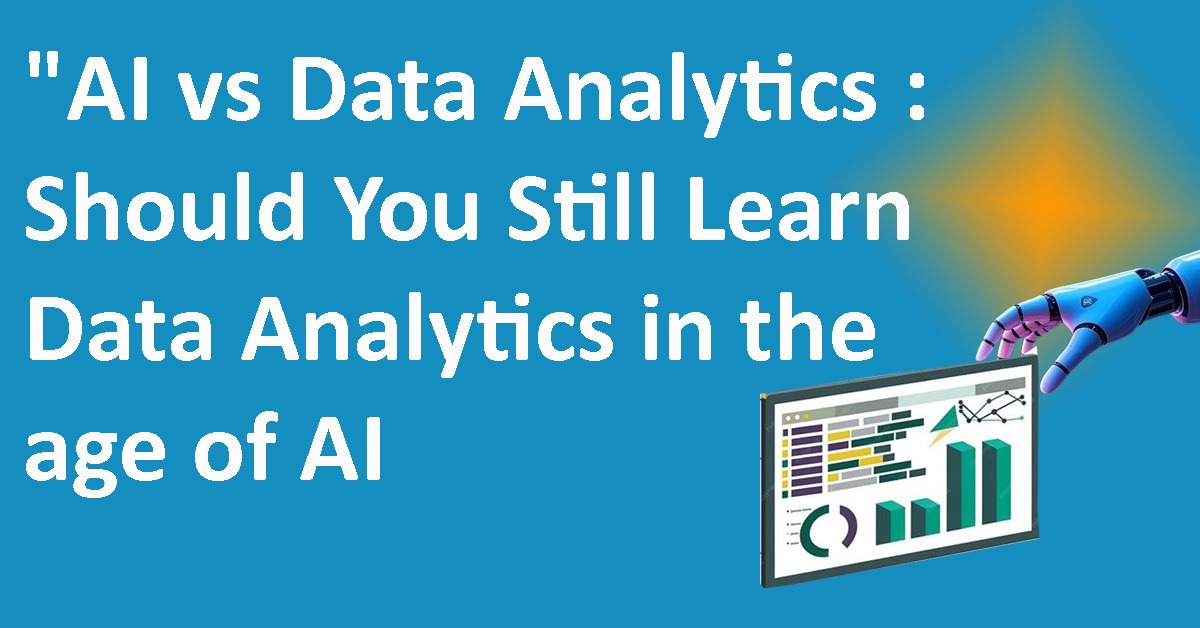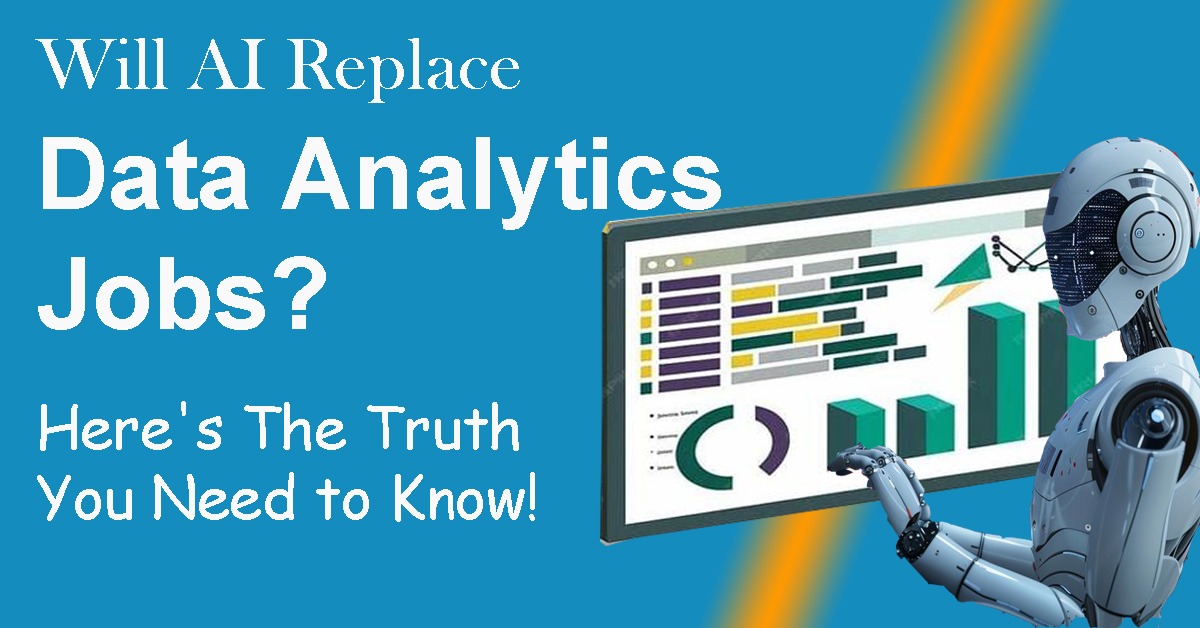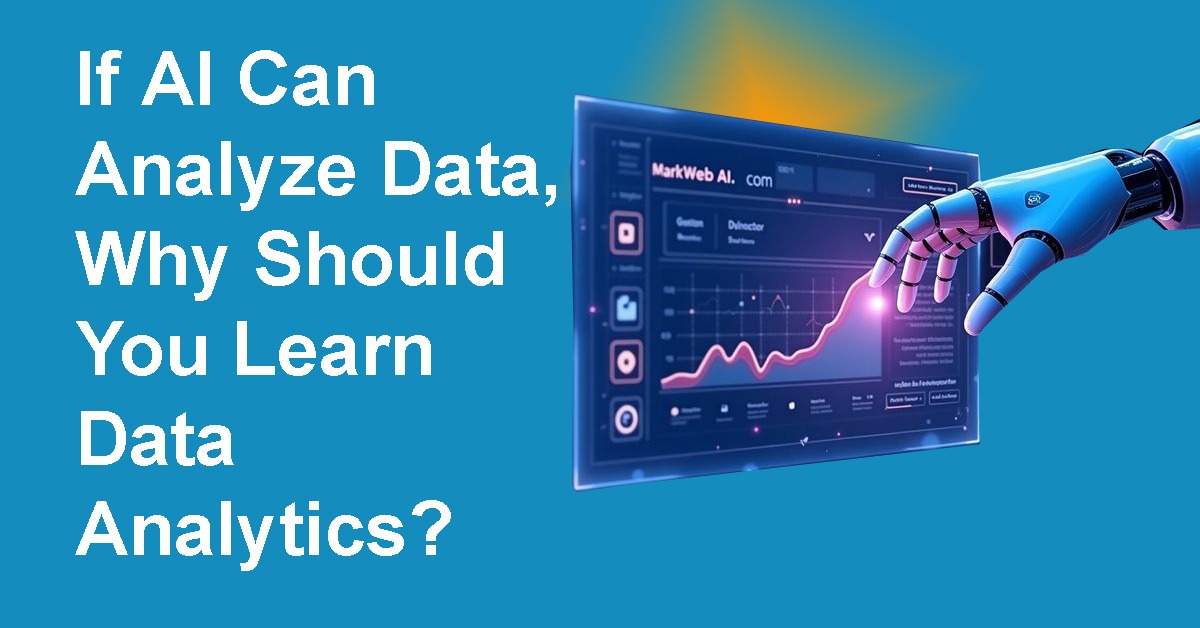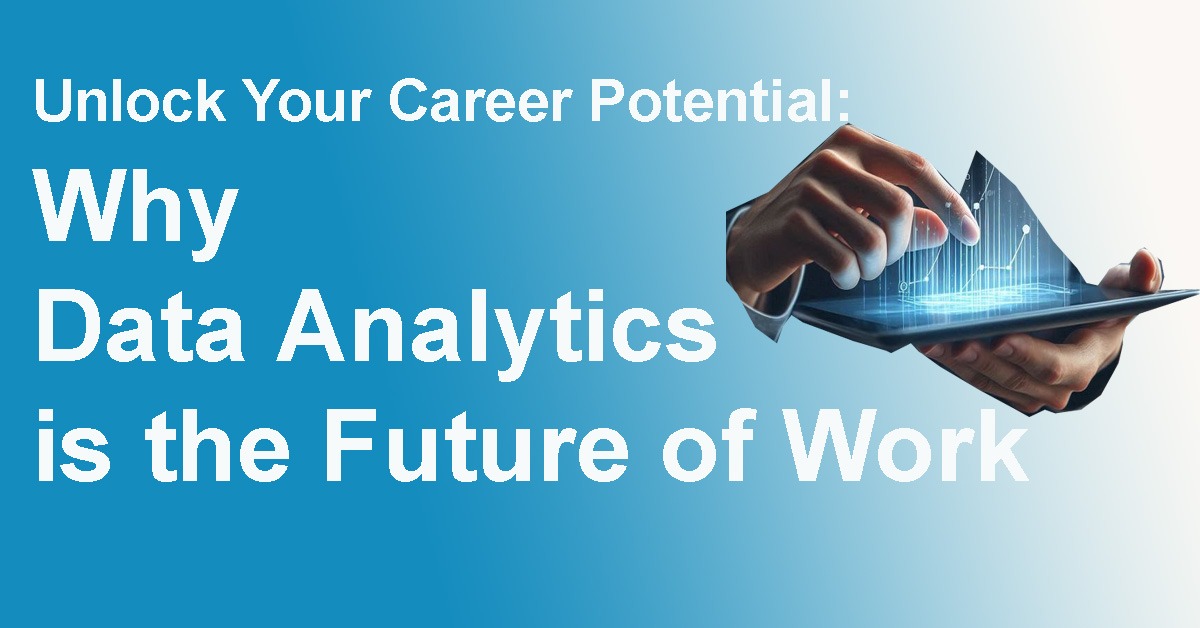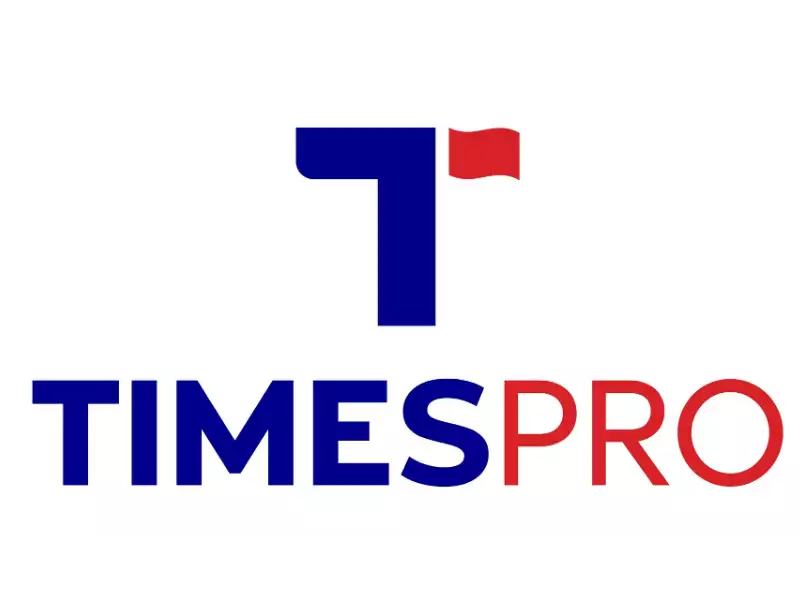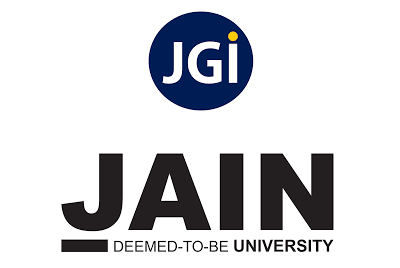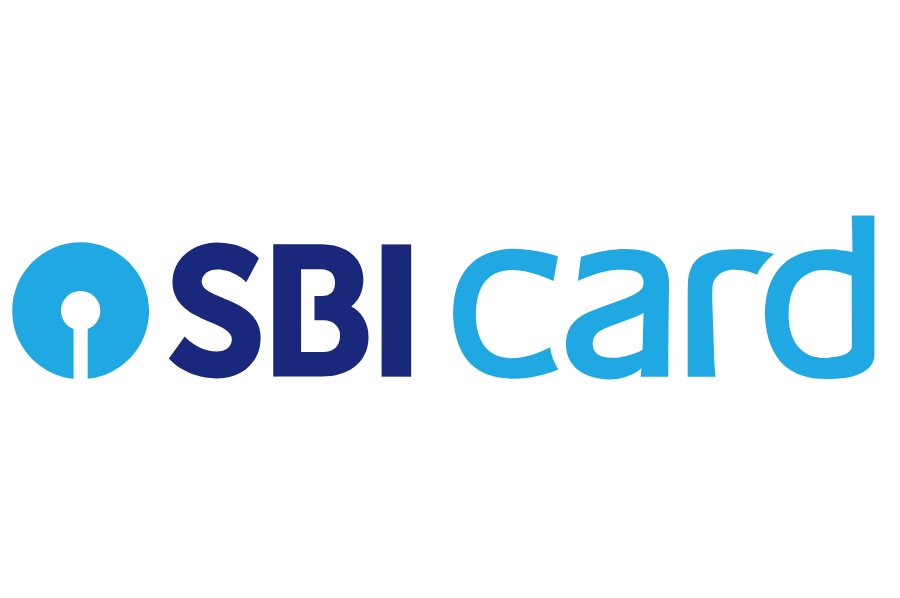The Future of Data Integration: SSIS in 2025 and Beyond
Data integration has always been the backbone of effective data-driven decision-making. Among the array of tools designed to streamline this process, SQL Server Integration Services (SSIS) has stood the test of time as a robust ETL (Extract, Transform, Load) solution. But as we step into 2025 and look beyond, the question arises: What does the future hold for SSIS in a rapidly evolving tech landscape?
1. SSIS in the Modern Data Ecosystem
SSIS has been a staple for SQL Server users for over a decade, praised for its integration capabilities and deep connection with Microsoft’s SQL Server stack. However, with the rise of cloud-first strategies, hybrid architectures, and real-time analytics, SSIS is evolving to stay relevant. Microsoft's strategic shift towards cloud-based solutions like Azure Data Factory (ADF) and Synapse Analytics is pushing SSIS to adapt and coexist in hybrid and multi-cloud environments.
2. Azure-Enabled SSIS
One of the major enhancements for SSIS is its seamless integration with Azure. With Azure Data Factory (ADF), you can now deploy and manage SSIS packages in the cloud, offering scalability and reduced infrastructure management. Key benefits include:
- Elastic Scalability: Scale your ETL processes up or down based on demand.
- Cost Efficiency: Pay for what you use, eliminating heavy upfront infrastructure costs.
- Enhanced Security: Benefit from Azure’s built-in security measures and compliance standards.
- Global Reach: Deploy your SSIS projects closer to your data sources across different Azure regions.
3. Real-Time Data Integration and Streaming
The demand for real-time analytics is surging, and SSIS is catching up. Traditionally, SSIS excelled at batch processing, but with integration into Event Hubs and Kafka, real-time data ingestion is becoming more streamlined. This shift allows SSIS to power real-time dashboards, IoT data streams, and event-driven architectures that are critical for modern analytics.
4. Low-Code/No-Code Capabilities
As the low-code/no-code movement gains momentum, SSIS is expected to evolve with more visual and drag-and-drop features. Microsoft’s Power Platform and Logic Apps are already paving the way for citizen developers to create workflows with minimal coding. Future iterations of SSIS could bring even more user-friendly interfaces, reducing dependency on complex script tasks.
5. Integration with AI and Machine Learning
Data integration is not just about moving data anymore; it's about transforming and enriching it. SSIS is projected to integrate more deeply with AI and Machine Learning pipelines. Imagine using pre-trained ML models within SSIS data flows to cleanse, predict, and enrich data in real time. This would open doors for more intelligent ETL processes.
6. Coexistence with Modern ETL Tools
It’s important to note that while SSIS remains relevant, the market is diversifying. Tools like Databricks, Matillion, and Fivetran are gaining traction for their cloud-native capabilities. Microsoft’s strategy seems clear: coexistence rather than replacement. SSIS is now more about handling legacy systems and on-premises workloads while ADF and Synapse take the lead in cloud-native integrations.
7. Skills and Career Opportunities
For professionals skilled in SSIS, the future remains promising, especially if they upskill with ADF, Azure Synapse, and Data Lake Storage. Hybrid knowledge of on-premises SSIS and cloud-native ETL will be highly valued in the industry, bridging the gap between traditional and modern data engineering.
Conclusion: A Hybrid Future for SSIS
The future of SSIS is not about replacement but transformation. In 2025 and beyond, it will continue to serve as a bridge between legacy systems and modern cloud architectures. With tighter Azure integration, support for real-time processing, and evolving low-code capabilities, SSIS is poised to remain a critical tool in the data integration ecosystem—evolving, adapting, and innovating alongside newer technologies.
